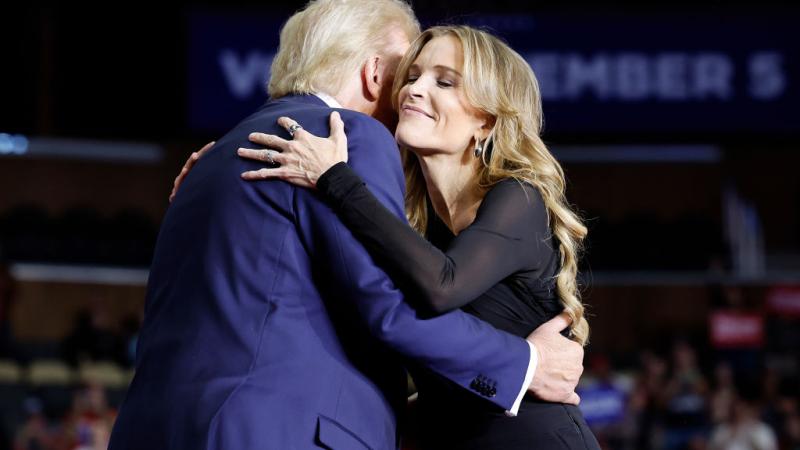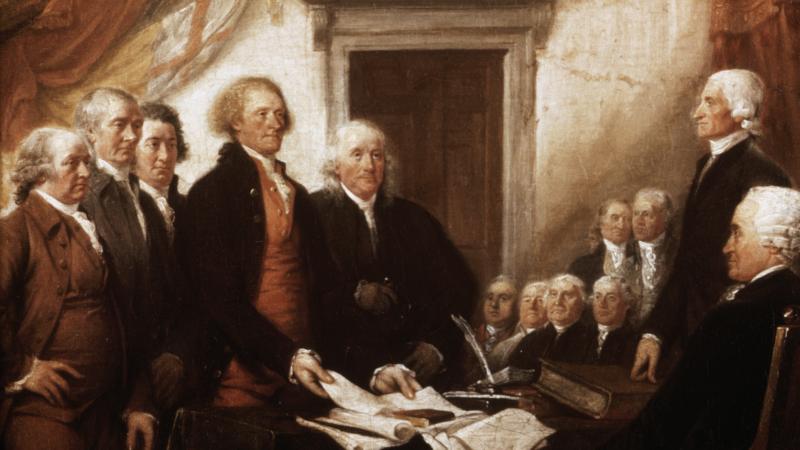'We need to source more minerals' for EV batteries domestically and from friendly nations: Buttigieg
The transportation secretary's comments came in response to questioning from GOP Rep. Ryan Zinke, Trump administration interior secretary, about how the U.S. would have to increase mining for EV battery minerals by 2,000%.
U.S. Transportation Secretary Pete Buttigieg said the U.S. needs to "source more minerals" for electric vehicle batteries domestically and from friendly nations in the future to compete with China.
Buttigieg's comments came in response to questioning from Montana Republican Rep. Ryan Zinke, interior secretary in the Trump administration. Zinke asked Buttigieg if he was aware that China "controls either directly or indirectly" more than 62% of the critical minerals needed for EV batteries.
"We are working hard to change in this administration," Buttigieg said during a House Appropriations Subcommittee hearing on Thursday.
Zinke followed up by saying that the U.S. would have to increase mining for cobalt and lithium by 2,000% for 20 years to reach today's demands for those minerals.
"The chemistry of our batteries has not completely stabilized in a way that I think can be fully predicted," Buttigieg responded. "There's no question that we need to source more minerals both domestically and from friendly countries."
Zinke asked how the Biden administration plans to make the U.S. energy-independent when the components of EVs today are mainly controlled by China. He also asked if the Transportation Department has done an assessment of how much mining the U.S. would have to do and where the critical minerals are located in the U.S.
"While some of the finer points related to extraction are probably better answered by my colleagues at the Department of the Interior, our joint office of energy and transportation," he said, before Zinke jumped in and asked what the formal assessment determined.
Buttigieg did not confirm that such an assessment has been completed in the Biden administration.
Under the Democrats' Inflation Reduction Act, EV models must meet certain "critical mineral and battery component requirements" to be eligible for a tax credit of up to $7,500 that can be collected by the purchaser. Under the law, the applicable percentage of the "value of the components contained in such battery that were manufactured or assembled in North America" will be amended over time in order to meet the tax credit requirements until it expires in 2032.















